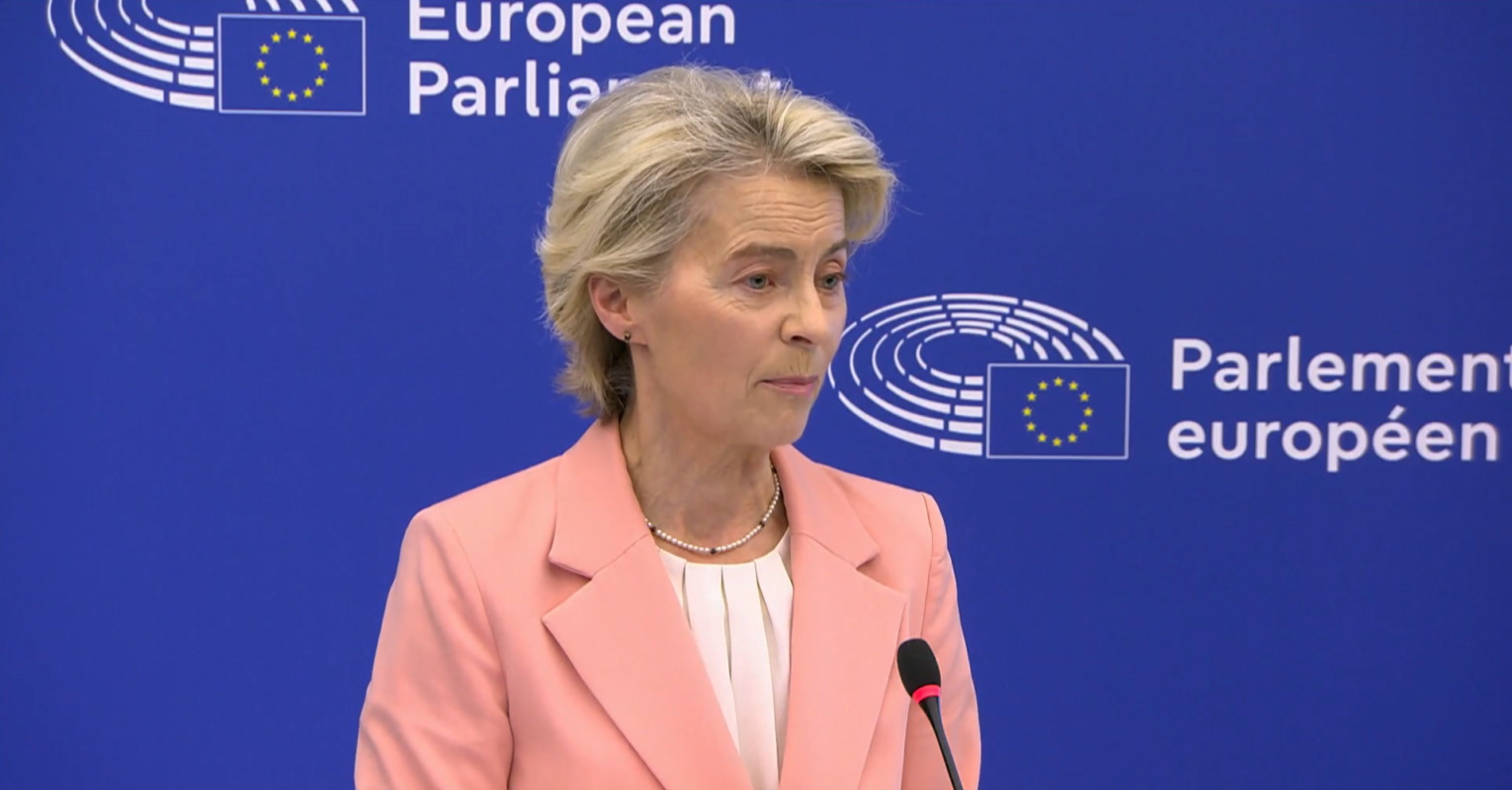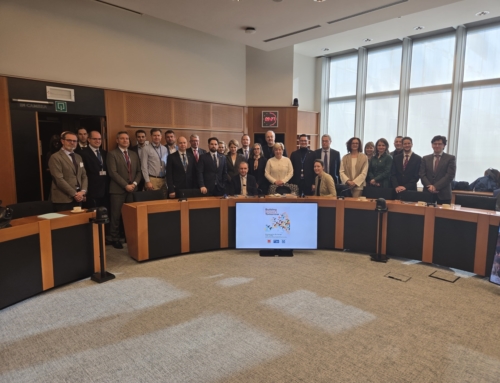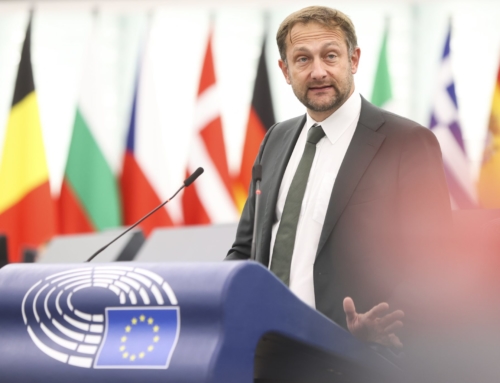Brussels, 18th September 2024
The new college of commissioners was announced yesterday by President Ursula Von der Leyen in Strasbourg. Highlighting her team’s diversity in geography and sex, Von der Leyen asserted that they will work “towards one common goal: to make Europe stronger”. FAFCE reacts to the appointments made by the President of the European Commission in this crucial time of legislative transition.
Vincenzo Bassi, President of FAFCE, said: “The President of the Commission is right to emphasise a stronger Europe. The challenges of war, cost of living, and ecological transition require it. What is central to all of these crises and more is the demographic winter. Without a strategy to reverse falling birthrates and encourage generational balance, we can kiss the possibility of a strong Europe goodbye. After all, without children there is no future.
“We look forward to working further with the Commission following the publication of their demographic toolbox. The Commission can play a significant role in developing an international consciousness of the function of the family, as the essential pillar of our societies. In particular, networks of families are pivotal to peacebuilding, intergenerational solidarity, and the ecological transition. In this time where Europe is gripped by loneliness and conflict, our institutions must protect and protagonise the family”.
Raffaele Fitto was appointed the Executive Vice-President for Cohesion and Reforms. The Italian will focus on cohesion and regional development. Social cohesion is a key pillar of the response to the demographic winter. We have long been calling for the two to be considered inextricably linked and we were glad to hear the Belgian Presidency of the Council of the EU recognise this earlier in the year. In that statement, the Presidency continued to urge the “Commission to consider appropriate ways to provide tailored support for regions after 2027 to successfully manage those challenges, with a special focus on the green, digital, industrial and demographic challenges and the different levels of socio-economic development”. We look forward to working with the Commissioner given that to invest in social cohesion is to invest in the family. While respecting subsidiarity, cohesion can be a key that unlocks the demographic spring.
Roxana Mînzatu from Romania was appointed Executive Vice-President for People, Skills and Preparedness. Her mission letter highlights the gaps in skills and labour, the need for fairness between generations, mental health support for young people, the child guarantee, and the right to disconnect. Almost a year ago, a Board Meeting Resolution focused specifically on the role of the family in the mental health of young people and children, a topic which is also crucial in the context of intergenerational solidarity. We are glad to see the exclusion of the right to disconnect in the Commissioner’s priorities, as it is a policy recommendation that we have made through our calls for work-life balance, but also through the European Sunday Alliance.
Ursula von der Leyen (Germany): European Commission President
Teresa Ribera (Spain): Executive Vice-President for the Clean, Just and Competitive Transition
Henna Virkkunen (Finland): Executive Vice-President for Tech Sovereignty, Security and Democracy
Stéphane Séjourné (France): Executive Vice-President for Prosperity and Industrial Strategy
Roxana Mînzatu (Romania): Executive Vice-President for People, Skills and Preparedness
Raffaele Fitto (Italy): Executive Vice-President for Cohesion and Reforms
Kaja Kallas (Estonia): High Representative for Foreign and Security Policy
Magnus Brunner (Austria): Internal Affairs and Migration
Hadja Lahbib (Belgium): Preparedness, Crisis Management. Equality
Ekaterina Zaharieva (Bulgaria): Startups, Research and Innovation
Dubravka Šuica (Croatia): Mediterranean
Costas Kadis (Cyprus): Fisheries and Oceans
Jozef Síkela (Czech Republic): International Partnerships
Dan Jørgensen (Denmark): Energy and Housing
Apostolos Tzitzikostas (Greece): Sustainable Transport and Tourism
Olivér Várhelyi (Hungary): Health and Animal Welfare
Michael McGrath (Ireland): Democracy, Justice and Rule of Law
Valdis Dombrovskis (Latvia): Economy and Productivity, Implementation and Simplification
Andrius Kubilius (Lithuania): Defense and Space
Christophe Hansen (Luxembourg): Agriculture and Food
Glenn Micallef (Malta): Intergenerational Fairness, Youth, Culture and Sport
Wopke Hoekstra (Netherlands): Climate, Net-Zero and Clean Growth
Piotr Serafin (Poland): Budget, Anti-fraud, Public Administrations
Maria Luís Albuquerque (Portugal): Financial Services
Roxana Mînzatu (Romania): People, Skills and Preparedness
Maroš Šefčovič (Slovakia): Trade and Economic Security, Interinstitutional Relations and Transparency
Marta Kos (Slovenia): Enlargement
Jessika Roswall (Sweden): Environment, Water Resilience and a Competitive Circular Economy









